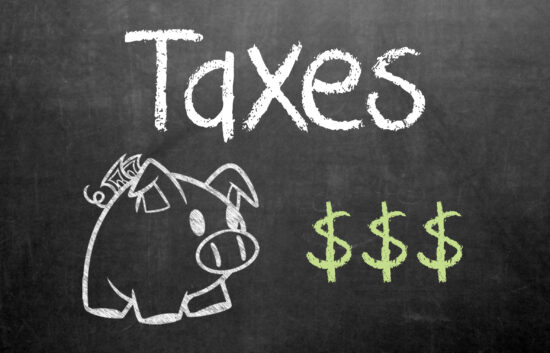
The IRS makes a “Dirty Dozen list” each year with IRS scams that have been catching people off guard. They receive reports from consumers throughout the Untied States and make a list each year. Number two on the list this year were IRS phone scams. Scammers are calling people and asking them to verify information over the phone in order to receive their tax refund more quickly.
Scammers will call you and call to be an IRS agent with your tax return. In order to process your return fully, they will claim to need some of your personal information. They will likely ask for your social security number and financial information (bank account number, credit cards, etc.). To make the scam sound and look official, scammers will call from a number that appears to be an IRS number. They will also have other information about you on hand such as your full name and address.
These are simply variations on scams that occur every year, especially around tax return time. This phone scam to receive your personal information is only one of many scams occurring at this time. Another scam that seems to be going around is one where the “IRS” calls you and asks you for payment on your taxes. They may threaten you with putting a lean on your house or another piece of property if you do not pay immediately.
IRS Commissioner John Koskinen said, “Don’t be fooled. The IRS won’t be calling you out of the blue asking you to verify your personal tax information or aggressively threatening you to make an immediate payment.” If you think you may owe taxes, you can hang up and call the IRS directly at (800) 829-1040.
In 2015, the IRS, states and tax industries came together to start a campaign to make people more aware of the IRS schemes and “phishing” going on each year. The campaign “Taxes. Security. Together.” was put in place to make people more aware, however, the IRS is seeing an increase in scamming activity each year.
According to IRS officials, there has been a 400 percent increase in scammers posing as the IRS this year. However, there are a few ways you can guard yourself from these scams. Keep a look out for all of these tell-tale signs of a scam:
- Asking to verify personal information over the phone
- Demanding payment of taxes you’ve not had a chance to appeal
- Asking for a specific payment method
- Asking for credit or debit cards numbers over the phone
- Threatening requests of any nature
If you get a phone call like this, you should report it immediately to both guard yourself and others from future scams. You can go to FTC.gov and use the “complaint assistant” to add another IRS phone scam to the complaint list.
Photo: Flickr: GotCredit

Comments